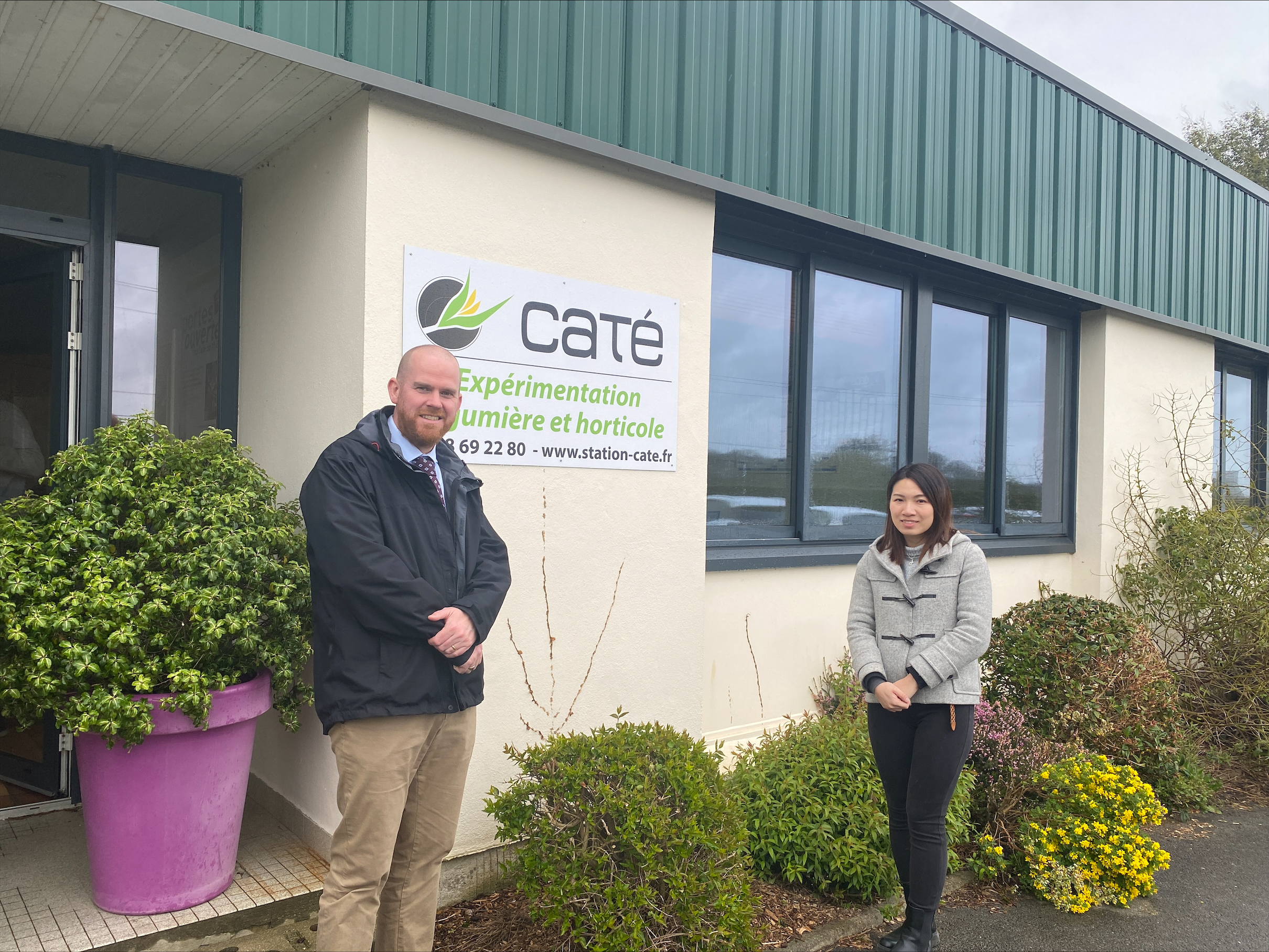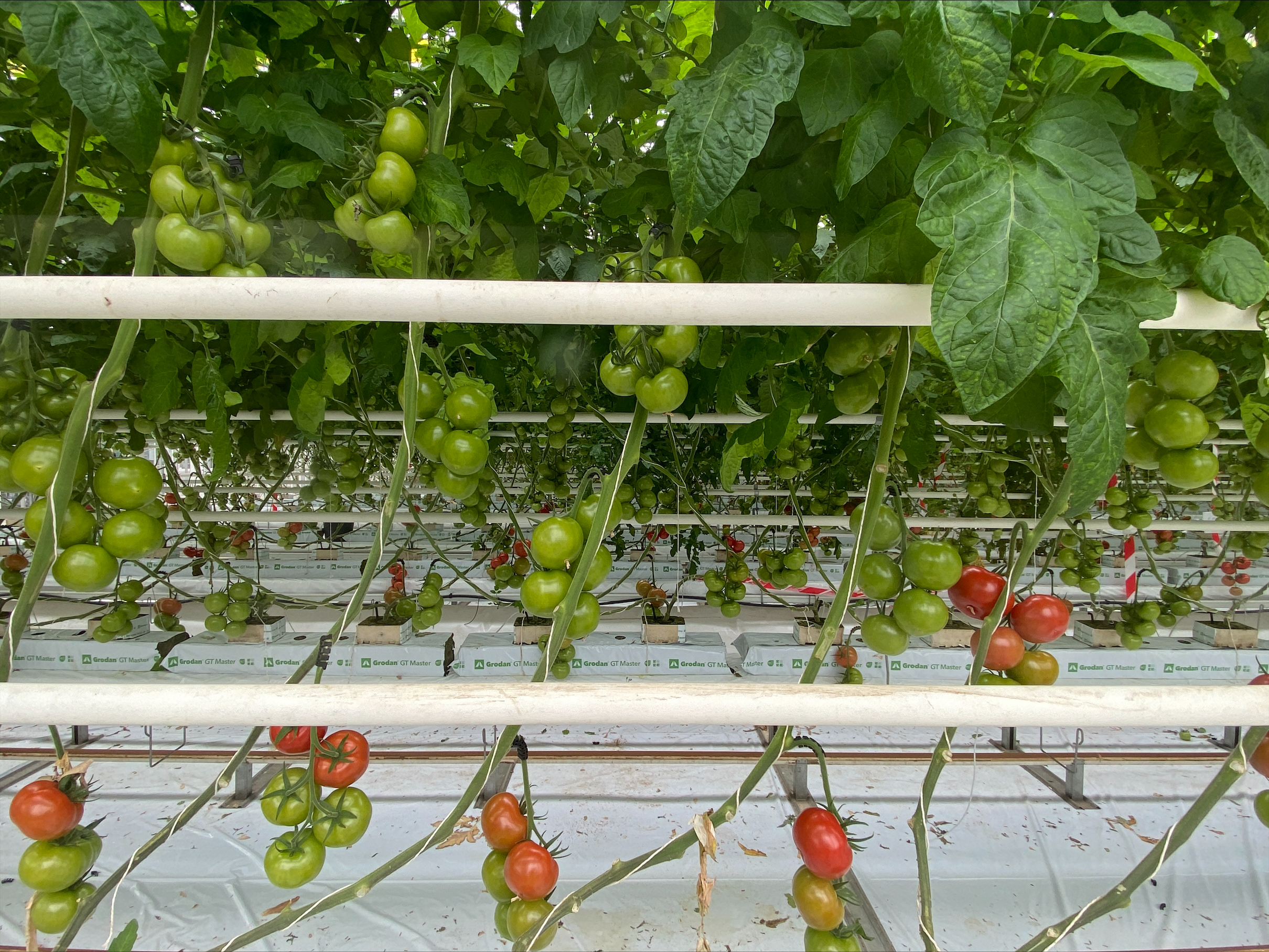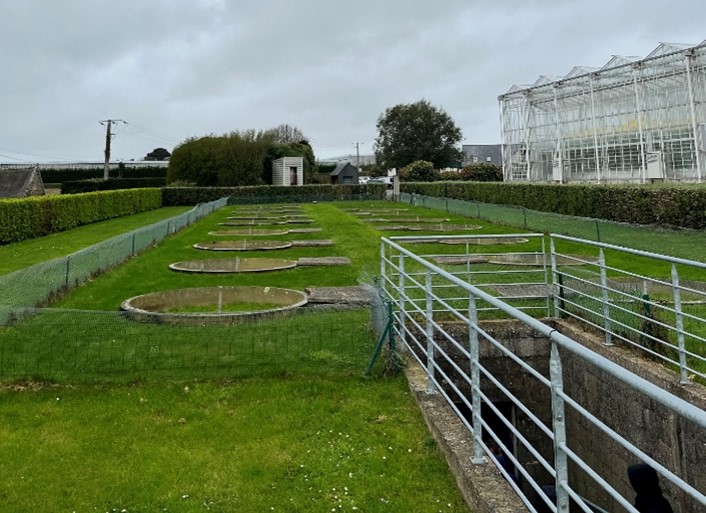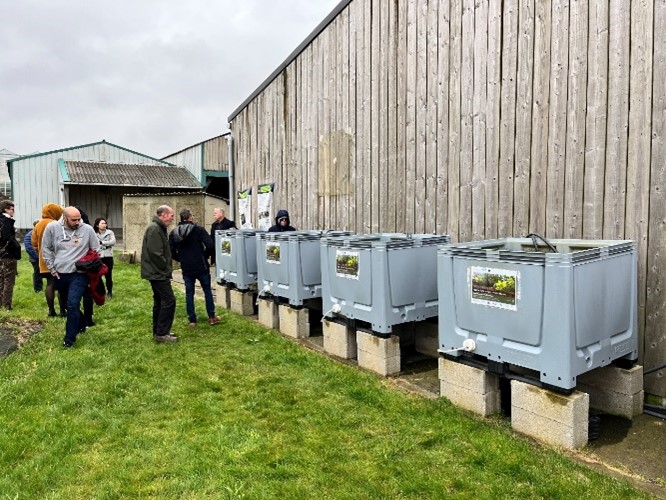After two years of hard work, the European funded cross-channel research project, ReCon Soil, has officially come to an end.
Being one of the project partners, CL:AIRE attended the ReCon Soil closure event in France on 28 March 2023 at Comité d’Action Technique et Economique (CATÉ), the experimental centre in Brittany. The project aimed to promote sustainable use of soil by exploring the potential recovery of construction waste materials into healthy soils.

In the morning session, researchers from the University of Plymouth presented scientific results focusing on the environmental benefits and potential impacts of using reconstructed soils, as well as a brief introduction of developing state-of-the-art soil health monitoring technology. Nicholas Willenbrock from CL:AIRE shared his experience in establishing low-carbon technology networks, organising networking events, industry training and educational workshops. These have facilitated the exchange of technical knowledge among stakeholders, and increased public awareness on the value of soil.
The ReCon Soil project has created a platform for all partners to collaborate and perform cross-channel scientific research. In the UK, the team at the University of East Anglia led the work on Life Cycle Assessment and Cost Benefit Analysis for soil manufacture and reuse. Across the channel, colleagues from the University of Le Havre Normandie examined the treatment options for estuarine sediments and their application as a soil amendment. The French team at the Bureau de Recherches Géologiques et Minières (BRGM) also investigated the potential use of local waste on soil recovery and formulation. Pilot sites of manufactured soils were set up and monitored by Eden Project Learning at the Lost Gardens of Heligan and the Eden Project site in the UK.

After having a delightful French meal, Nicholas Willenbrock and Jaisy Hui from CL:AIRE joined the site walk of the facility at CATÉ. They visited the greenhouses and learned about their experiments on the creation of optimal environments for growing fresh vegetables, ornamental horticulture and cultivated mushrooms with minimal soil use. For instance, the tomatoes in the image below were grown with substrates that were made with agricultural by-product, can you see how appealing they are? They also looked at the lysimeters, which measured the actual evapotranspiration and nutrient intake of plants growing under manufactured soils with designated 'recipes'.



Despite the completion of the ReCon Soil project, CL:AIRE envisions bringing manufactured soil into real practice in the UK and further promoting sustainable use of soil. We appreciate the hard work and dedication of everyone involved in this project.
Project outputs are being published on the CL:AIRE website so for more details about the ReCon Soil project, please visit: https://www.claire.co.uk/projects-and-initiatives/168-recon-soil

